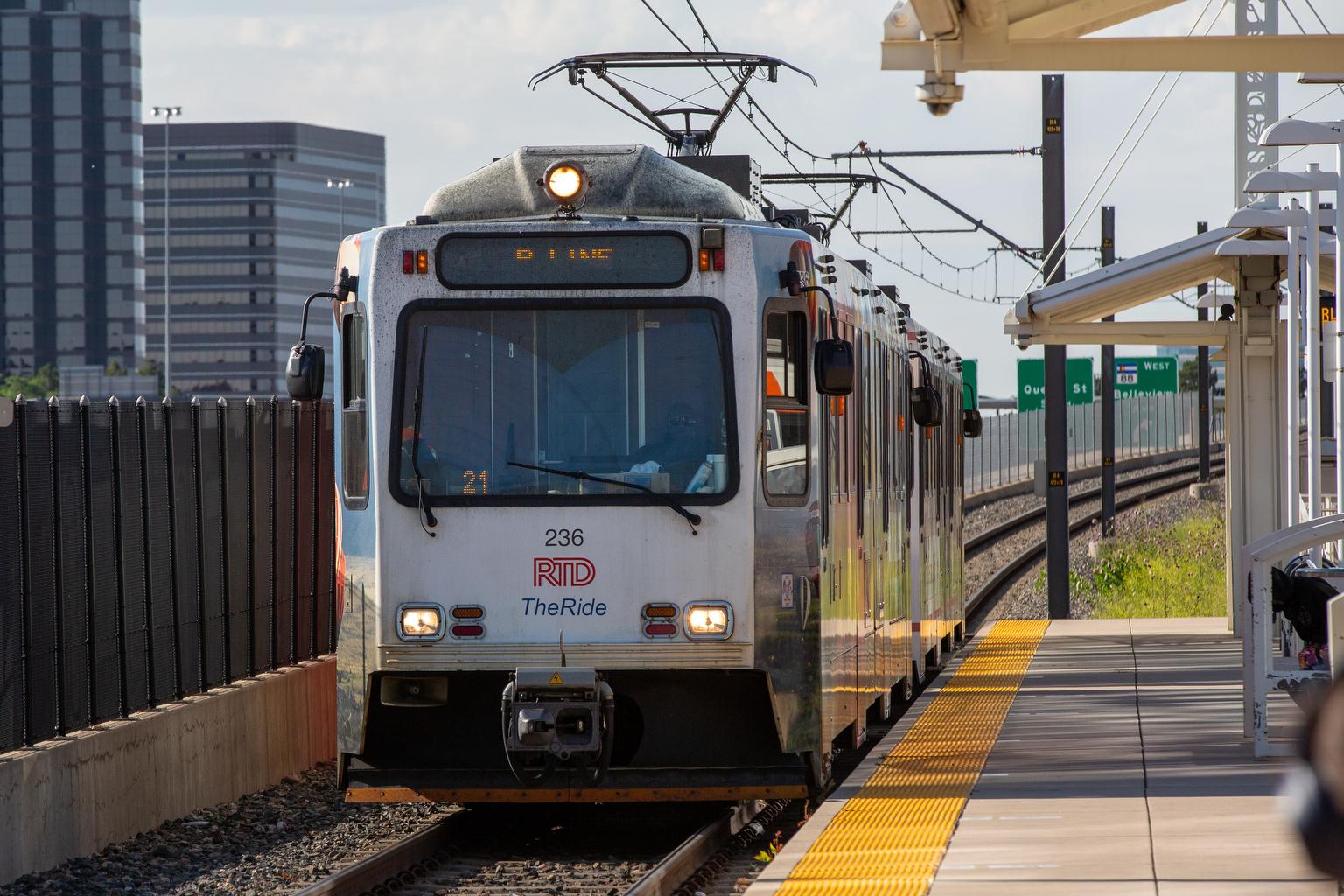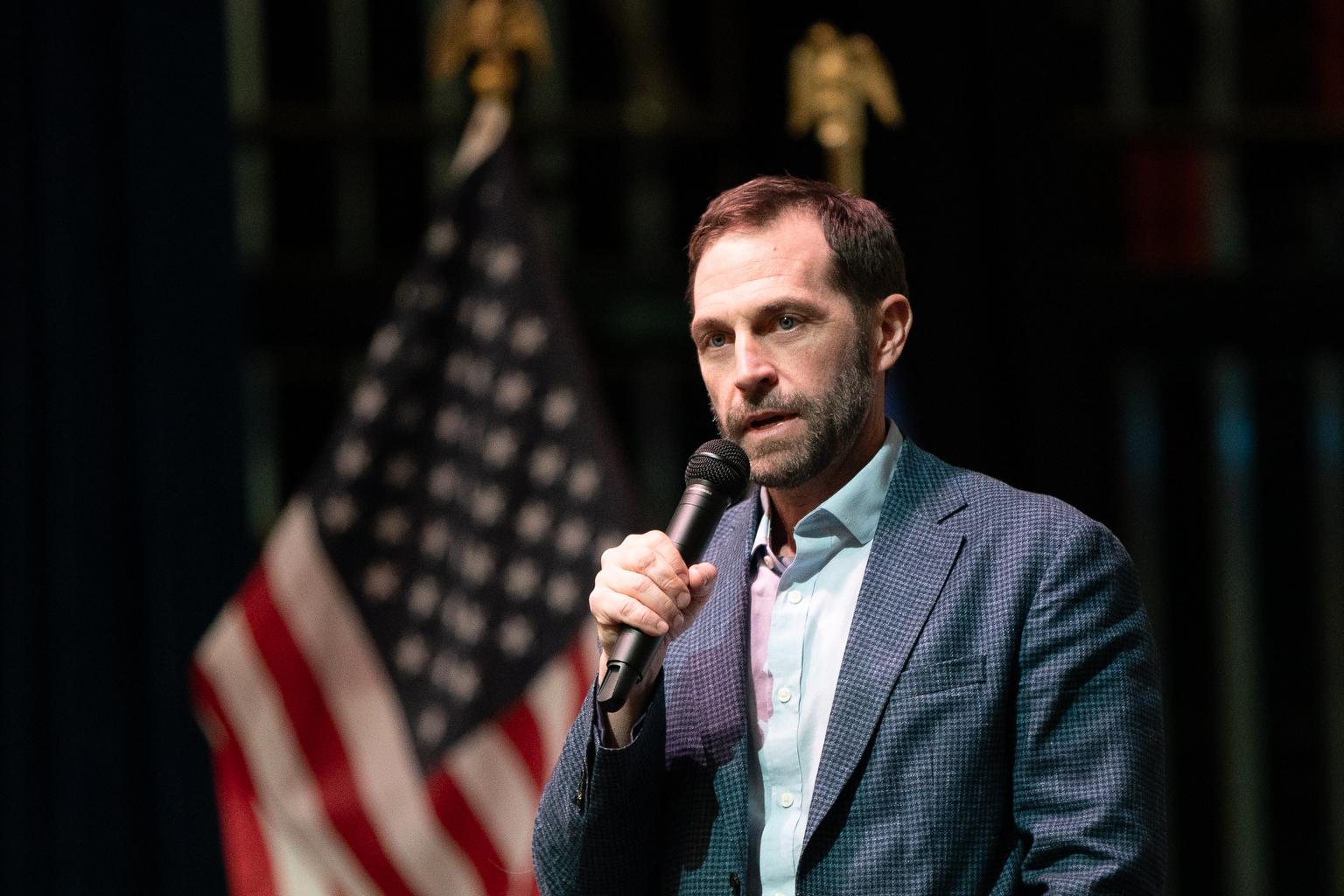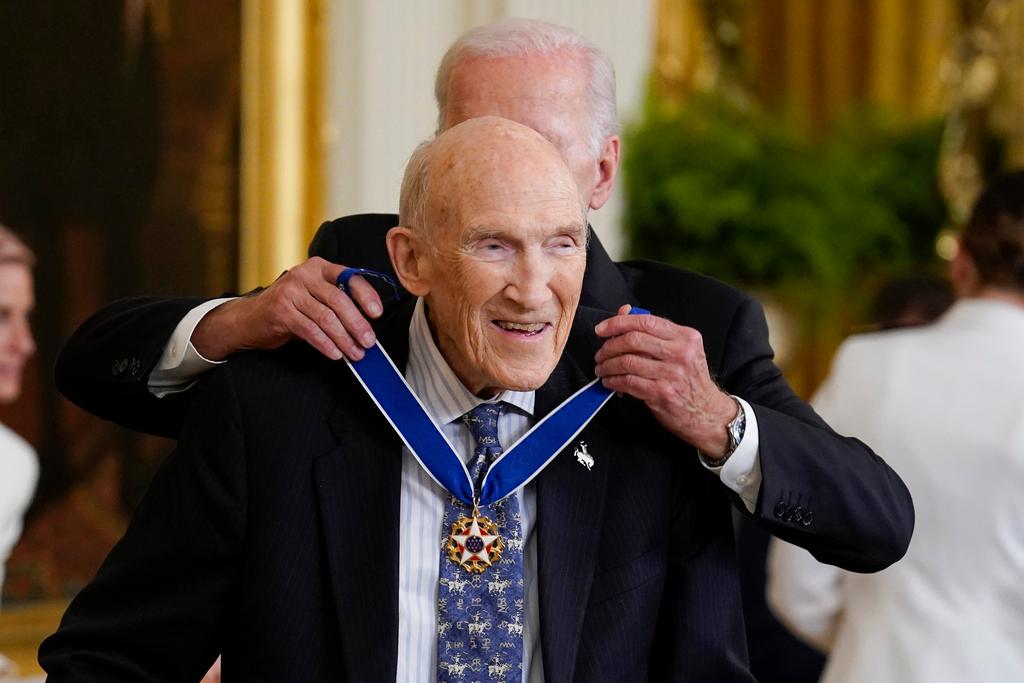
Updated on Sept. 10, 2024 at 5:44 p.m.
Serving on the Regional Transportation District’s board of directors is not generally seen as a glamorous affair.
One political analyst called it the “very bottom of the political food chain” two years ago when only six candidates made the ballot across seven races.
Things are different this time around, though.
More than twice as many candidates are vying for a spot to steer the state’s largest public transit authority and its $1 billion-plus annual budget this cycle. It’s perhaps a signal that, as state legislators have embraced urbanist housing and transportation policies in recent years, more would-be politicians are taking an interest in shaping how transit service is delivered.
The RTD board itself was in legislator’s crosshairs last session, but they failed to pass a bill that would’ve eliminated some of the board’s elected seats. Still, Gov. Jared Polis will take the unusual step of making endorsements in at least some of the eight races, five of which are competitive.
The candidates include former bus drivers, white-collar professionals, a teacher, and a fiscally conservative political activist. Only one of them is an incumbent, who is running unopposed. That means the 15-member board will see seven new faces next January when new members are sworn in.
They will inherit an agency that has stabilized itself financially in recent years but has struggled with its on-the-ground bus and rail services, from light rail delays caused by maintenance projects to finishing its long-delayed train to Boulder and Longmont.
Seven of the fourteen candidates have a shared agenda that calls for change.
Chris Nicholson, Chris Gutschenritter, Matt Larsen, Bernard Celestin, Patrick O’Keefe, Karen Benker and Brett Paglieri co-published a “Commitment to Riders” this week that proposes ways to improve service quality, safety and reliability.
“These are the things that are five-alarm fires,” said Nicholson, a candidate in the crowded District A race in central Denver who coordinated the effort and also vocally opposed the RTD reform bill last session.
Suggestions in the shared document include increased fare enforcement, upgraded facilities for riders with accessibility needs, and the optimization of bus routes.
One of Nicholson’s opponents, Bob Dinegar, said the plan has “some positive aspects to it” but said he was not invited to co-sign it and called it “classic backroom politics.” Collaboration among candidates isn’t appropriate until they are elected, added Dinegar, a former bus driver for an RTD contractor.
Nicholson’s other opponent, Kiel Brunner, also said he wasn’t asked to participate.
“Had I been invited to join and discuss this pledge, I would have enjoyed the dialogue and opportunity to collaborate and bring my experience in technology and transit to move forward a vision for RTD,” he wrote in an email to CPR News.
Nicholson said he offered to meet with both Brunner and Dinegar when they entered the race, but they did not respond.
Rep. Meg Froelich, D-Cherry Hills Village, chair of the House Transportation Committee and co-author of the failed RTD reform bill, sent CPR News an unsolicited statement on the candidates’ agenda that praised its “synergy here with what we all want — reliable transit that works for all.”
But she criticized Nicholson’s methods in fighting her bill that she said had similar goals, saying his “unnecessarily personal attacks and spurious open records requests represented the worst of politics.”
One of the board’s biggest jobs is hiring RTD’s CEO. It may have to do that next year
RTD General Manager and CEO Debra Johnson’s contract expires late in 2025. Employees have said they are worried about her “likely departure” but Johnson has been cagey about her future.
Nicholson said the board, which is tasked with hiring and reviewing the performance of the CEO, should give her “the first chance” to demonstrate she can make the types of changes he and others are pushing.
“That's going to be a major conversation in the coming year,” he said.
Kathleen Chandler, a conservative community activist from Aurora who is running for District F, winced at Johnson’s $400,000-plus annual salary.
“That is not a good use of the taxpayer’s money,” she said.
Dinegar would not say whether he supports keeping Johnson on as chief executive. He credited her with “righting the ship” after she took the job during the pandemic in 2020 but said he’d like to see the balance of power “shift back” toward the board.
Board members also can be advocates – and critics – of RTD in the public eye.
Many current board members are campaigning for ballot question 7A, which will be in front of Denver-area voters in November and would allow RTD to keep revenue that would otherwise be returned to taxpayers. Several of the candidates interviewed for this story said they support that measure, too.
But Chandler, who lives in the far eastern reaches of the Denver metro and said she rarely uses RTD now, opposes the ballot question and is skeptical of transit’s utility in the sprawling region.
“The role for RTD is to help those that are transit dependent and those that go to a specific area where there is a hub,” she said, like downtown Denver.
Chandler’s opponent, Bernard Celestin, a former RTD bus driver, did not respond to an interview request. Via email, he later said that he supports the ballot question.
Karen Benker, a retired state budget official who also sat on the RTD board during its turbulent 1990s era, said she will champion another prominent RTD issue: the completion of the Northwest Rail Line to Boulder and Longmont.
“We've been paying for the train for 20 years. We have not forgotten,” said the District I candidate.

Benker is running unopposed for a very “Office Space” reason.
Bill Rigler of Erie, who runs a public affairs firm, submitted his application to get on the District I ballot in June — complete with nearly 350 signatures and notarized affidavits stating the signatures were gathered properly.
So he was surprised when the Colorado Secretary of State’s office later informed him that he was disqualified from the ballot. The reason? Parts of his application weren’t stapled together properly.
“It felt like I was being punked if I'm being entirely honest,” Rigler said.
State law requires that signed petitions be attached to affidavits. "None of Mr. Rigler's signature pages were attached to a circulator affidavit,” a Secretary of State spokesman wrote in an email.
So Rigler’s only recourse was to enter the race as a write-in candidate or file a lawsuit. He decided to let it go — and, he said, after RTD’s tough summer, he’s content with that choice.
“I had some choice words at the time,” he said. “But yeah, I'm sleeping just fine these days.”
Here’s how the races have shaped up:
| Districts | Candidates |
|---|---|
| District A - Central Denver | Kiel Brunner, Bob Dinegar, Chris Nicholson |
| District D - South Denver, Englewood, Littleton | Chris Gutschenritter, Barbara McManus |
| District E - Western Aurora, Centennial, southeast Denver | Matthew Larsen, Scott Liva |
| District F - Eastern Aurora | Bernard Celestin, Kathleen Chandler |
| District G - Parker, Lone Tree | Julien Bouquet (incumbent) |
| District H - Cherry Hills Village, Highlands Ranch, Greenwood Village | Patrick O’Keefe |
| District I - Longmont, Lafayette, Broomfield | Karen Benker |
| District M - Lakewood, Golden, Edgewater | Brett Paglieri, Dick Shuster (write-in) |
Editor's note: This article was updated with information on the candidates running in each district.








